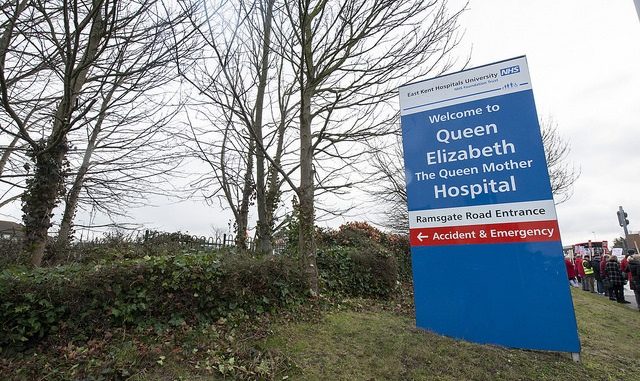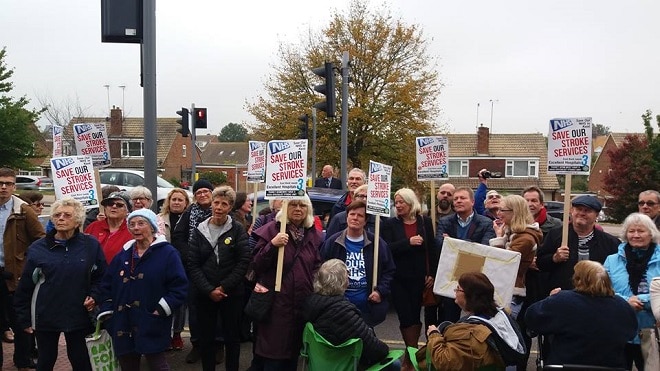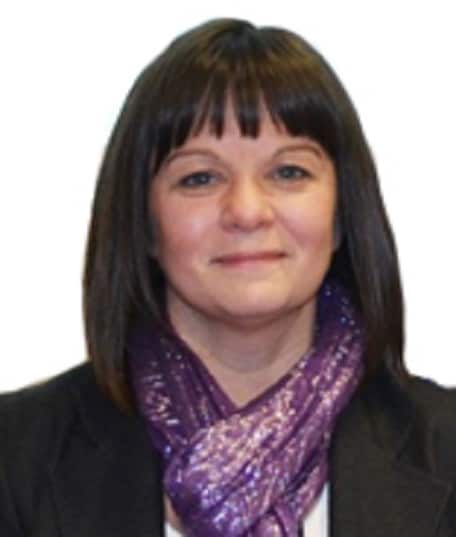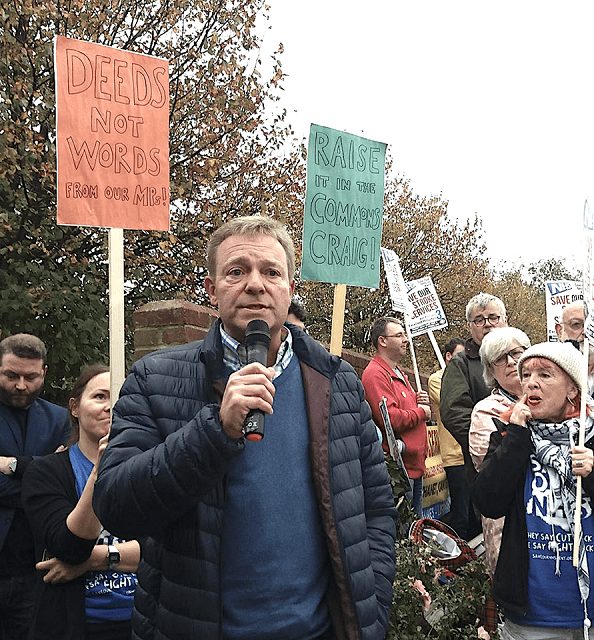
The Director for the Kent and Medway Stroke Review says delays to plans for new hyper-acute stroke units will inevitably result in ‘more deaths and more disability.’
Rachel Jones has responded to calls from health campaigners who want the decision to axe QEQM’s acute unit in favour of a specialist unit at Ashford referred back to government by Kent County Council’s health overview committee when they meet on March 1. Suggestions from county councillor Karen Constantine and others are that the decision should be taken to judicial review.
A final decision on the location for three hyper-acute stroke units (HASUs) across Kent & Medway was confirmed by the Joint Committee of Clinical Commissioning Groups (JCCCG) at a meeting in Maidstone on February 14.
The units will be at Darent Valley Hospital, Maidstone Hospital and William Harvey Hospital – meaning the closure of acute services at Margate’s QEQM Hospital as well as at Medway Hospital, Tunbridge Wells Hospital, and Kent & Canterbury Hospital – which has already had its service withdrawn due to the removal of training doctors by Health Education England in March 2017
The plan is for Darent Valley to have a 34 bed unit, Maidstone General Hospital 38 beds and William Harvey Hospital 52 beds.

A sustained campaign against the proposals has been conducted for more than a year by Save Our NHS in Kent, isle county councillors and many members of the public.
SONiK has been fighting for a fourth HASU at QEQM and is now urging members of the health scrutiny committee to vote to refer the plan back to government.
Cllr Constantine said if the referral failed the issue may have to go to the courts. She said:“ It’s time to come together to start a Judicial Review (a court proceeding where a judge reviews the lawfulness of a decision or action made by a public body.) This won’t be easy but working together I believe we can do it.”

Rachel Jones said people’s concerns were understandable but the decision had been reached on the basis of “the huge body of evidence set out by the Royal College of Physicians’ 2016 guidelines on stroke.”
She added: “As the stroke consultants said recently, the reality is, sadly, that any stroke patient who dies within a few hours of having a stroke would almost certainly have died whether they were at home, in an ambulance or being cared for in the best stroke unit in the world.
“For the very small percentage of patients whose strokes are the cause of almost instant death, or who fall into a coma and never wake up, currently little can be done.
“However most people will survive their stroke, and the critical factor for them is how we can reduce their risk of dying in the following days, minimise their risk of long-term disability and therefore improve independence.
“While undertaking the stroke review, we have considered the health and wellbeing of the entire population who use Kent and Medway stroke services.
‘Impact’
“We have carefully considered population growth, deprivation and travel times to potential hyper acute stroke units in our review. We believe the rigorous process that we have followed and the decision we made will enable us to best meet the needs of our whole population, and save an extra life a fortnight.
“We will, of course, comply with any requirements that a judicial review or referral to the Secretary of State brings but are aware that this will have an impact on the implementation of the HASUs across Kent and Medway. Any delay to implementation will inevitably lead to more deaths and more disability than if we are able to go ahead as planned.”
The JCCCG expects the hyper-acute units at Darent Valley and Maidstone to go live in March 2020 followed by the William Harvey Hospital in spring 2021.
A spokesman d=for campaigners SONIK said: “We are very interested to know where the new claim that an extra life will be saved every fortnight comes from, and we will be asking Rachel Jones to clarify. All the evidence we have seen shows a very different story – including a study that shows death rates can rise by 21%. You can read the SONIK report showing the dangers of relocating urgent stroke care so far way at https://bit.ly/2NdADsH. The list of problems with the stroke plans is long, and quite frankly, shocking.”

The decision has been branded “disappointing” by South Thanet MP Craig Mackinlay but he added that in light of the ‘shamefully poor’ stroke care across Kent and Medway – with QEQM rated a D from a possible A to E scoring – “more is the pity that we must wait until 2021 for the new configuration which will have better health outcomes, despite the issues of local accessibility.”
He acknowledged fears that Thanet patients would have to travel too far, with journey times to Ashford taking over an hour but added: “I am somewhat reassured that the HASU formula ensures that specialist stroke teams are likely to be better prepared for arrival of patients, will have dedicated stroke staff 24/7 and with the team, the very best of equipment meaning more rapid scans and treatment once at the hospital.
“This stands in some contrast to the situation now, whereby journey time might be short, but patients enter the waiting queue of ambulance arrivals and delay during triage assessments.”

